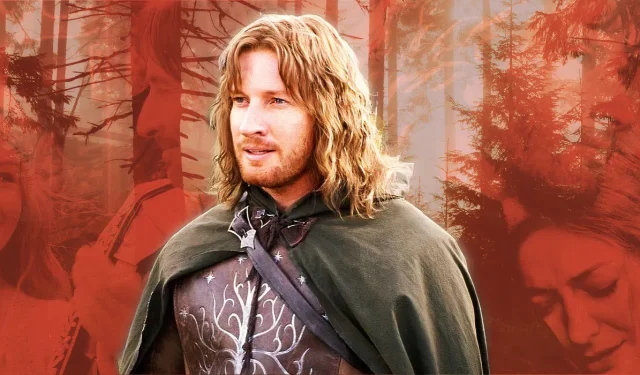
Faramir stands out as one of the most significant human figures and heroes in The Lord of the Rings. His journey continues beyond the fall of Sauron, showcasing themes of heroism and moral strength. Renowned for his refusal of the One Ring and prophetic visions—such as the haunting dream urging him to “Seek for the Sword that was broken”—Faramir emerges as a pivotal character. In stark contrast to his elder brother Boromir, who succumbs to the Ring’s allure and meets a tragic end, Faramir’s resistance to temptation sets him apart, acting as a compelling narrative foil.
While his contributions are especially pronounced in the first half of the saga, Faramir’s presence resonates throughout the series, culminating in his survival after the conflict with Sauron. He narrowly escapes death during a brutal skirmish due to the Black Breath and fights valiantly in the Battle of the Pelennor Fields. Though his father, Denethor, tragically attempts to end both their lives during this chaotic battle, Gandalf intervenes to save Faramir, ensuring his pivotal role continues even after Sauron’s demise.
Faramir’s Ascendancy to Prince of Ithilien
Aragorn Appoints Faramir as Steward and Prince of Ithilien
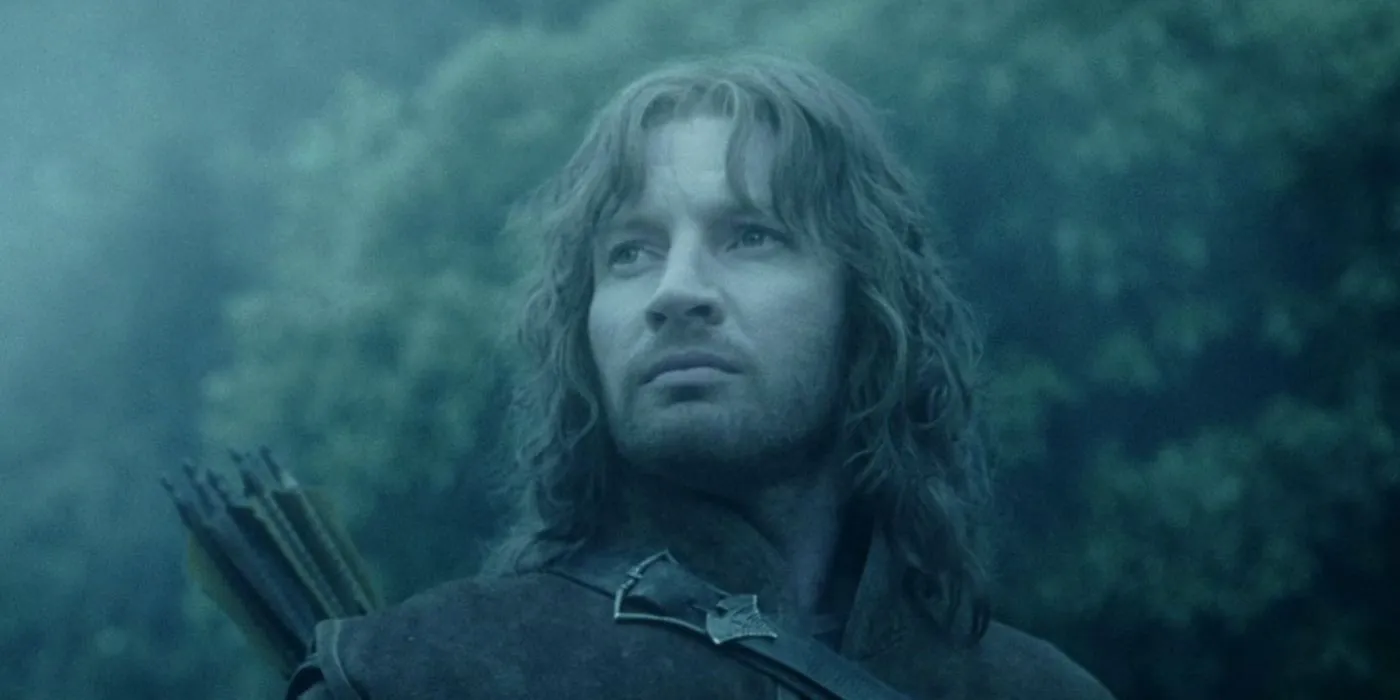
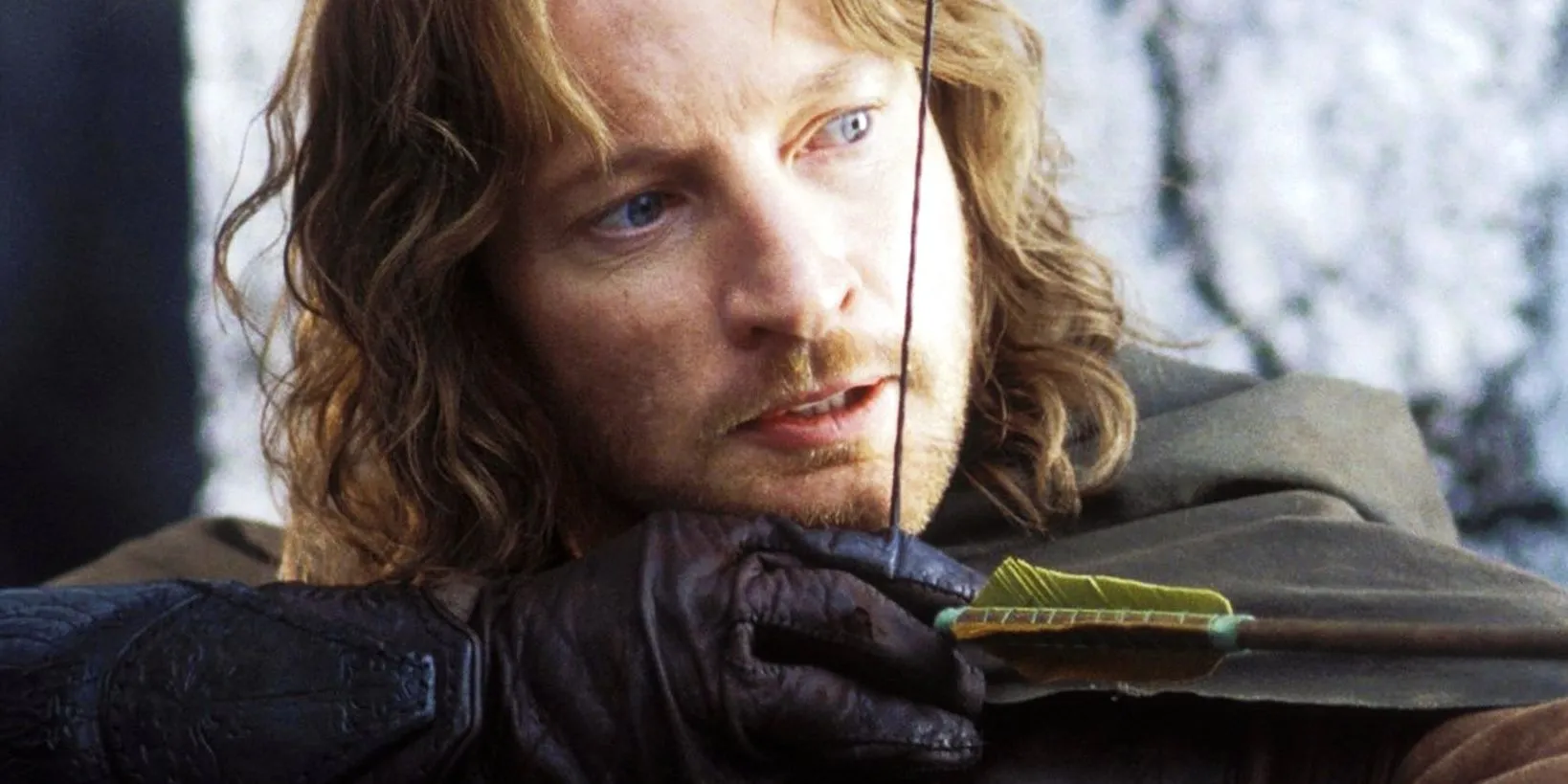
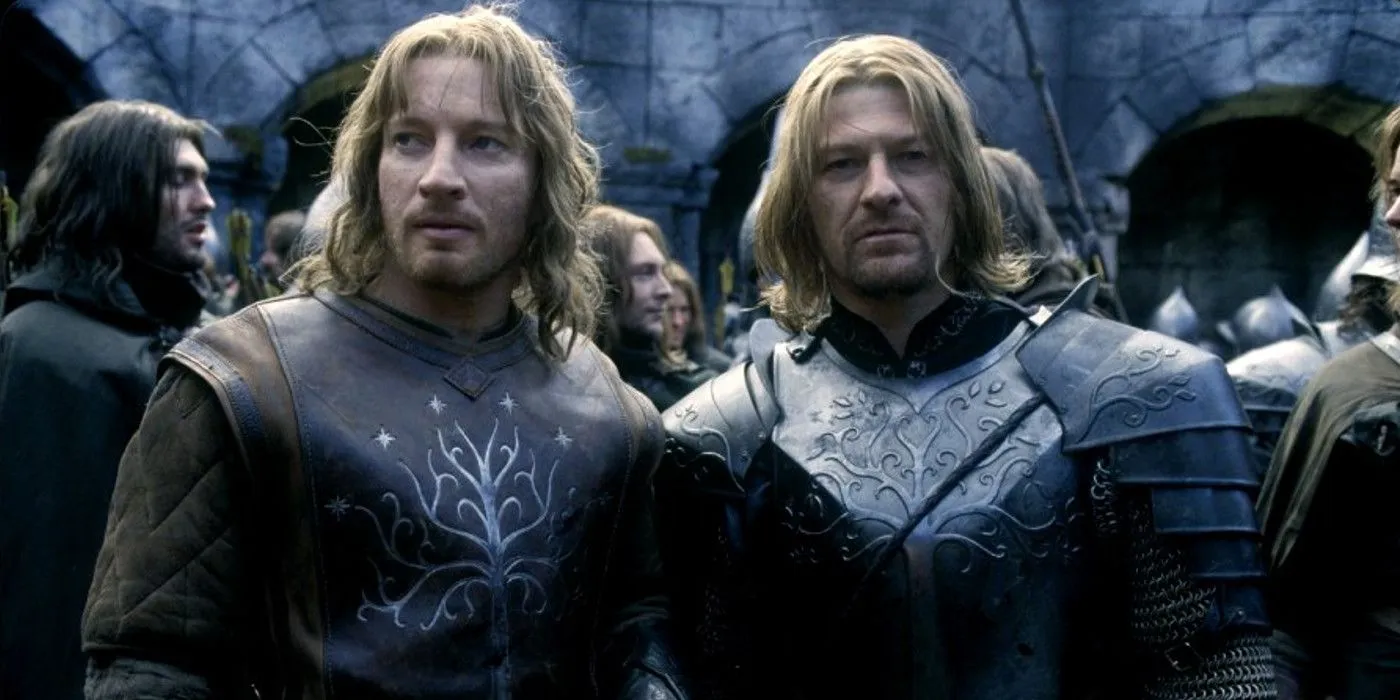
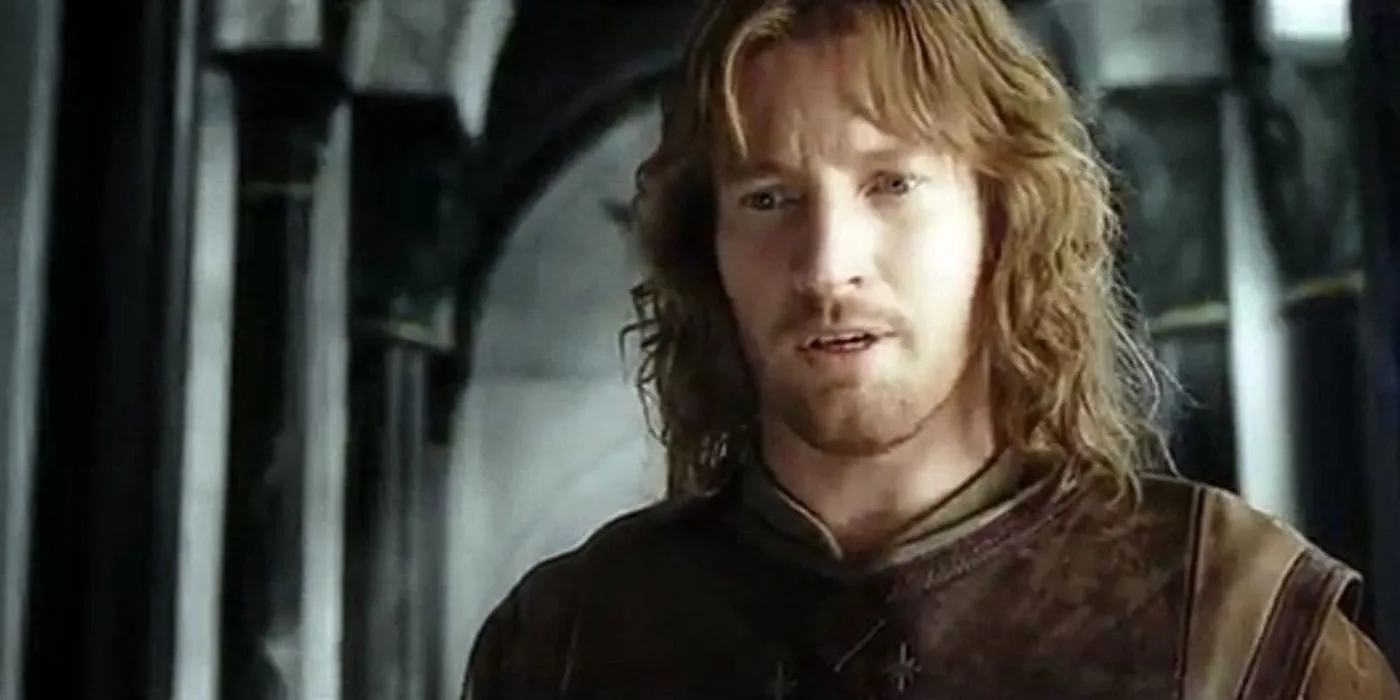
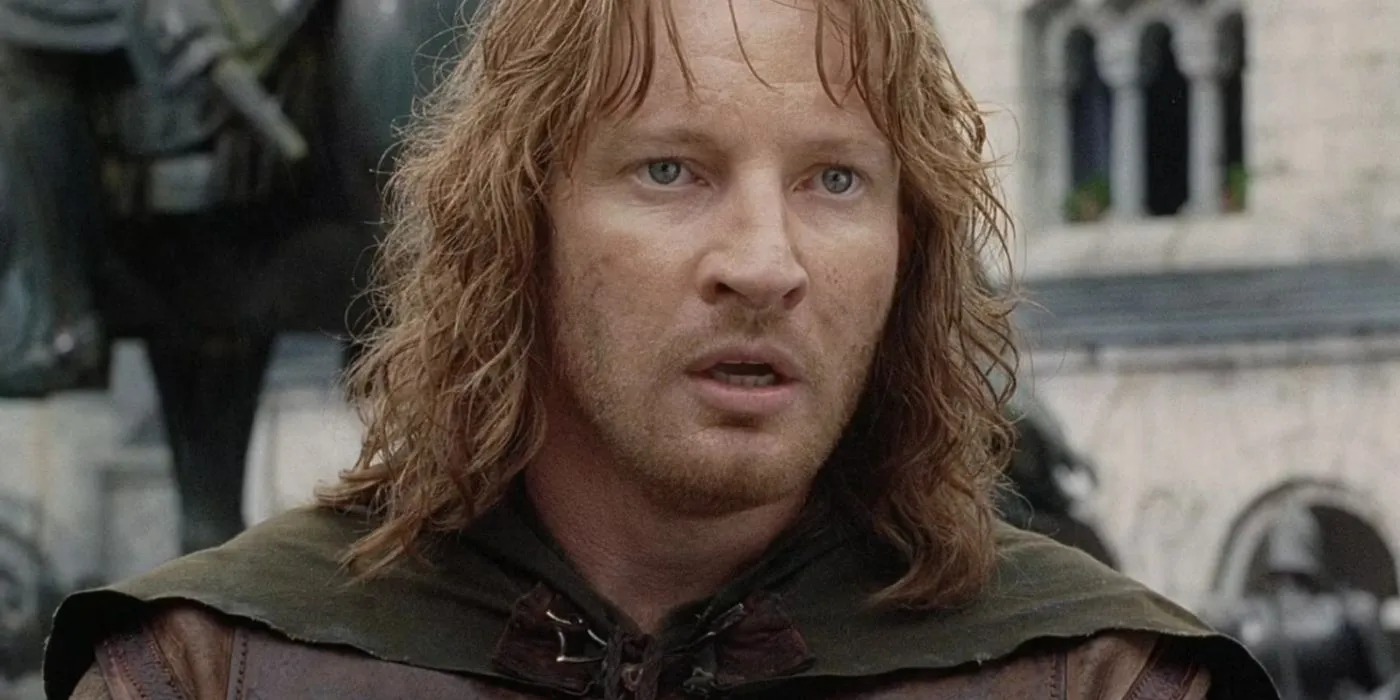
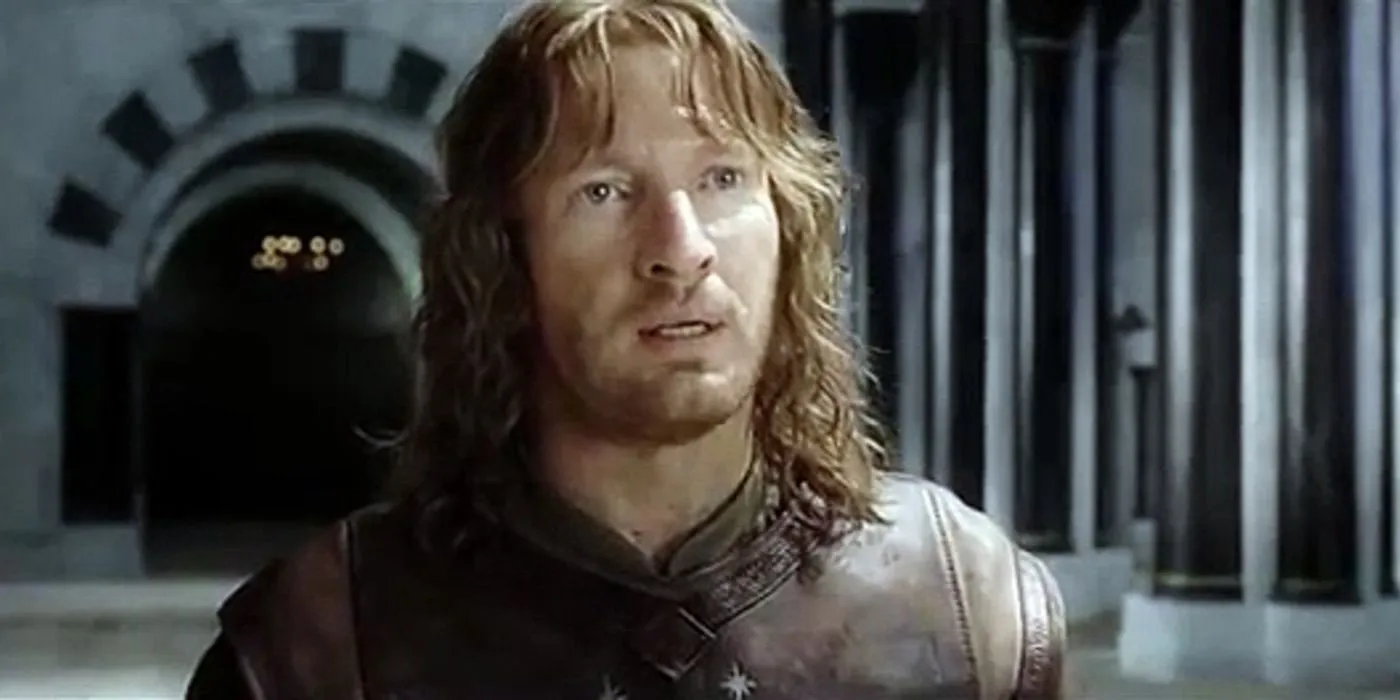
During Aragorn’s coronation, Faramir plays a vital role in the ceremony, demonstrating his allegiance and support for Aragorn’s kingship. In a significant turn, Aragorn reinstates the position of Steward during his rule, which leads him to designate Faramir as both Steward and Prince of Ithilien. This new responsibility positions Faramir as a key commander in safeguarding Gondor’s eastern territories. Taking charge as Prince of Ithilien, he bravely eliminates threats in the Morgul Vale, restoring peace and flourishing in the region. In addition to his military successes, Faramir finds love, marries, and starts a family.
Faramir and Éowyn: A Flourishing Family Life
The Blossoming Romance at the Houses of Healing
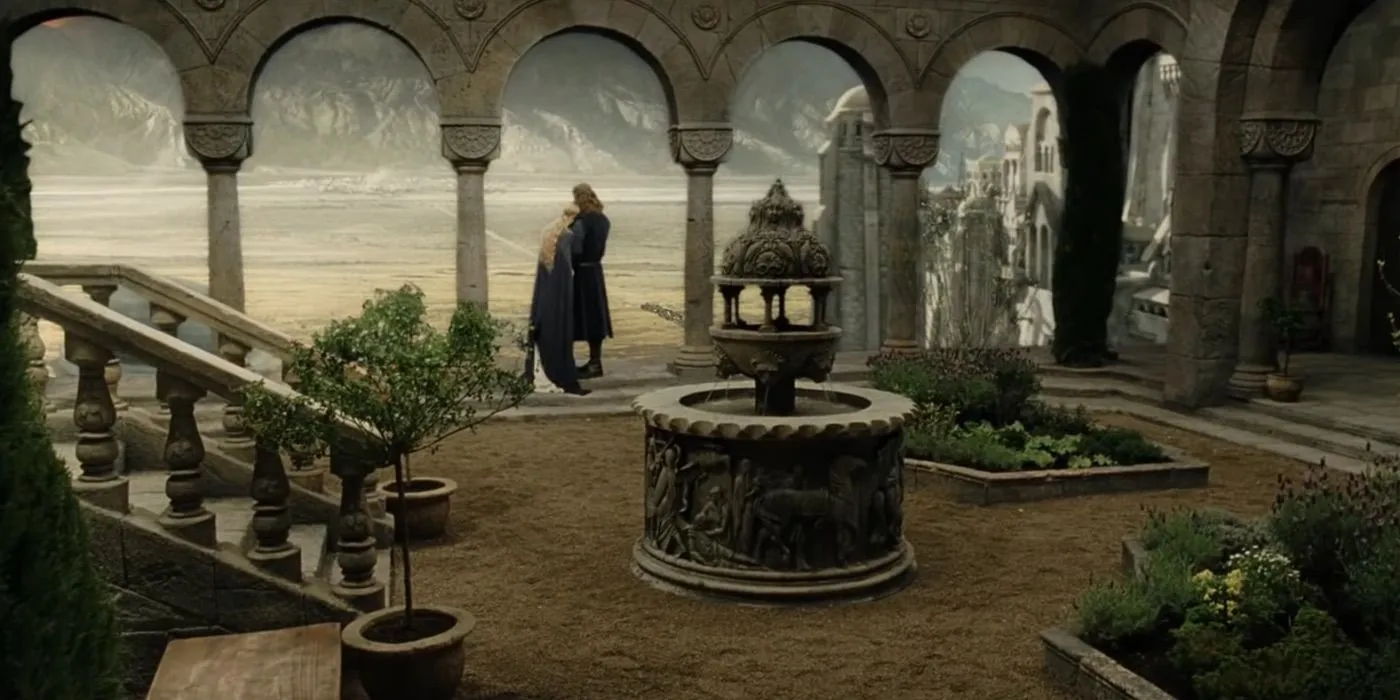
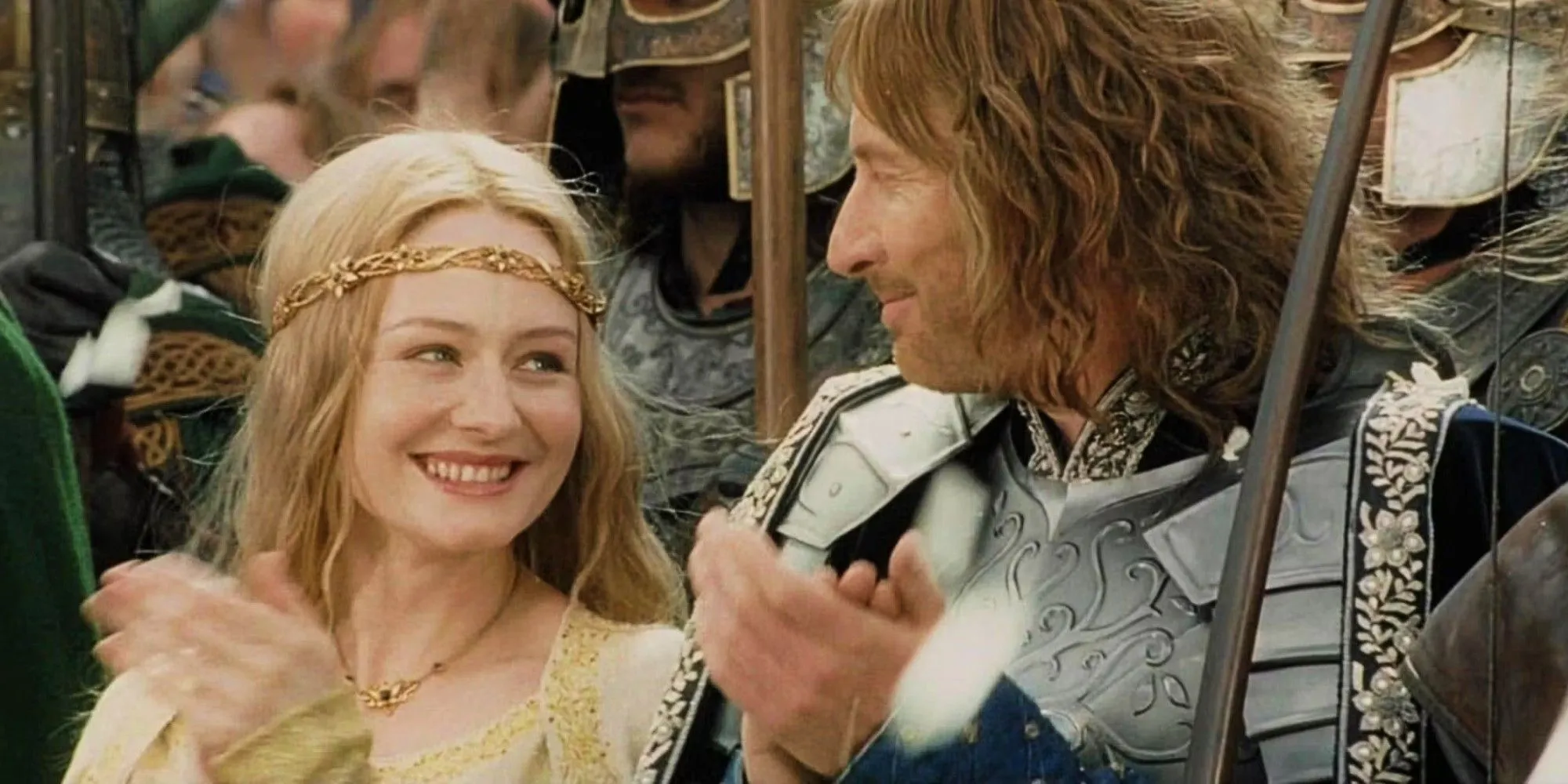

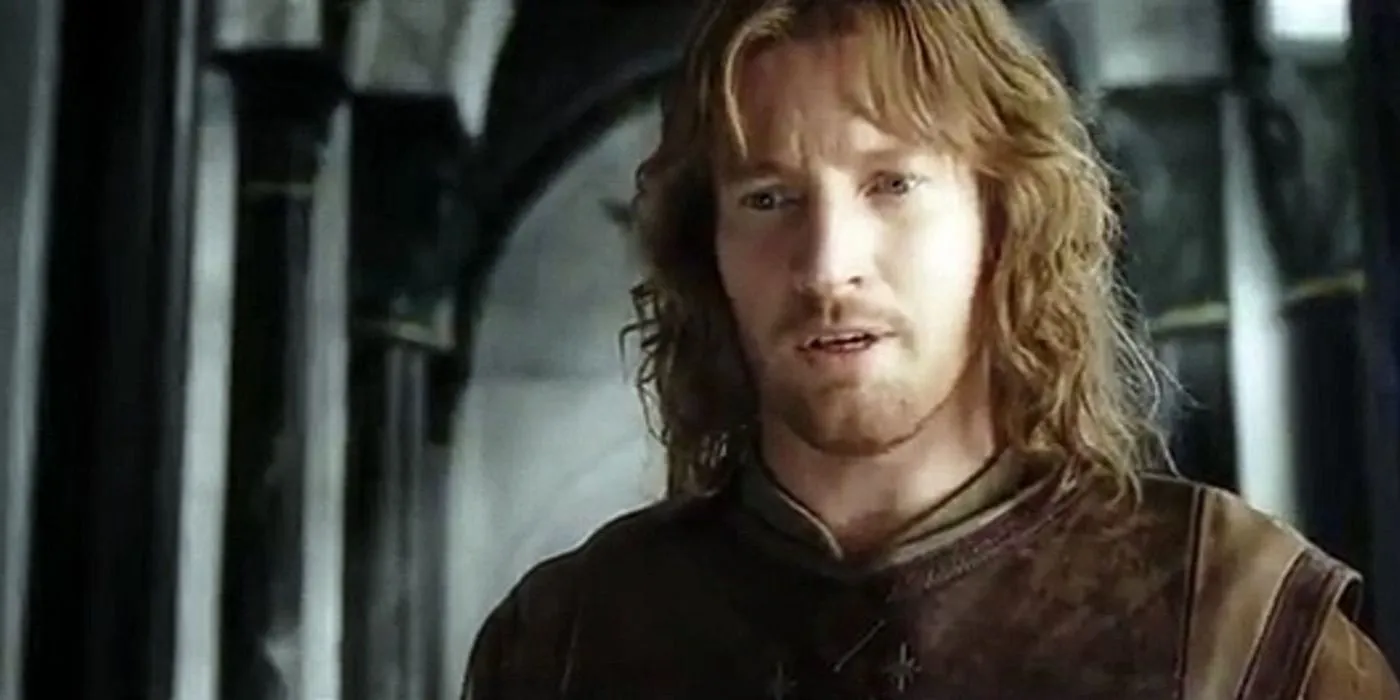
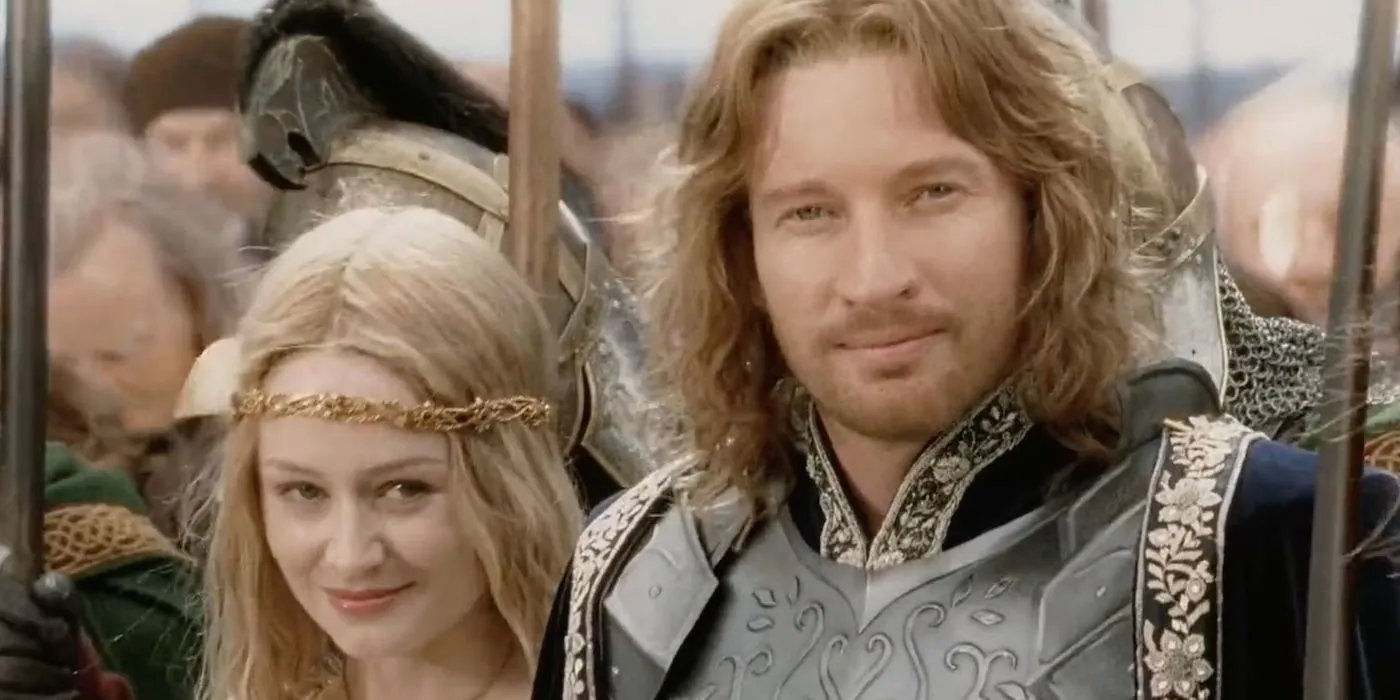
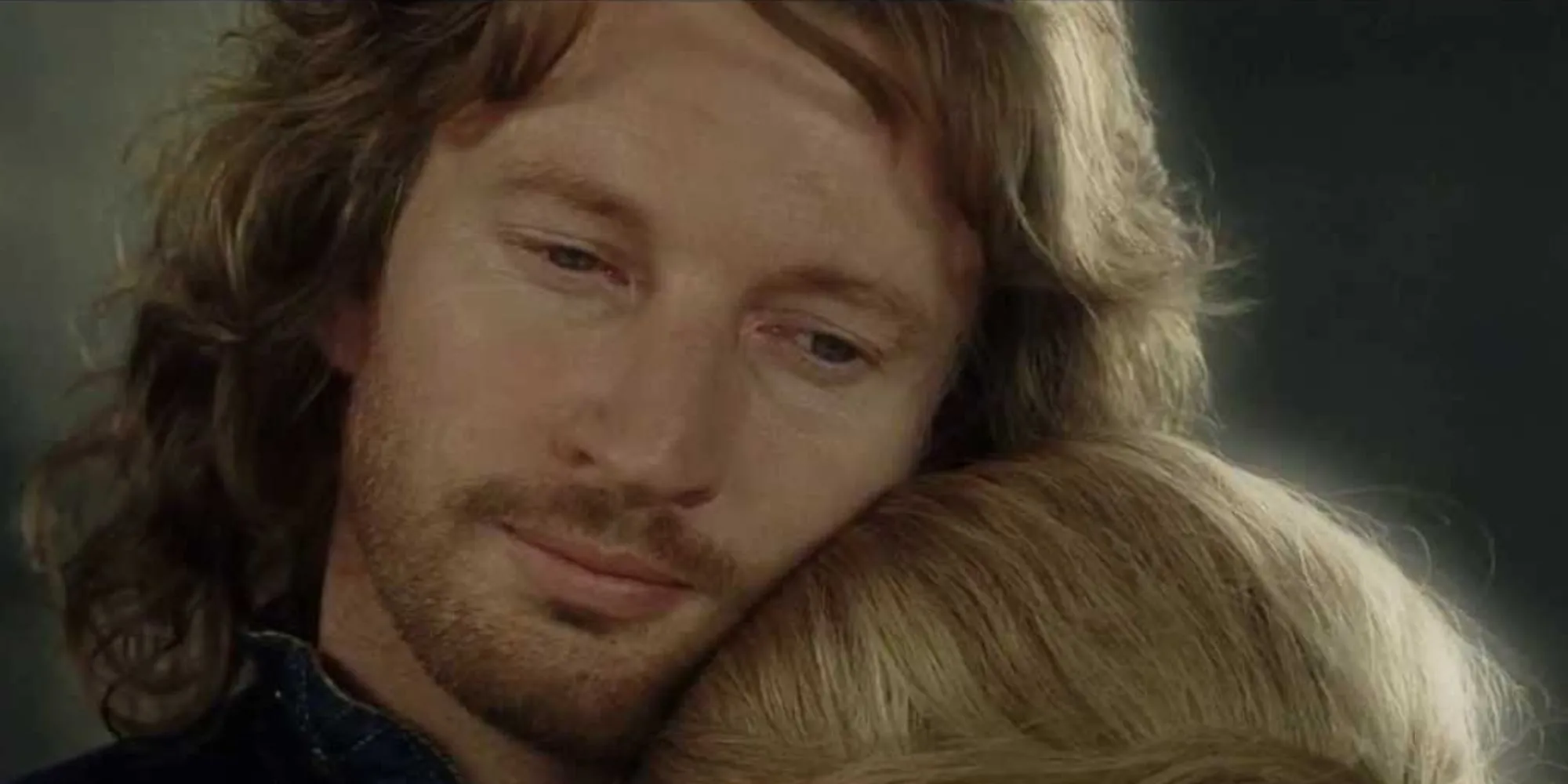
Following the tumultuous events of the Pelennor Fields, Faramir finds refuge and healing at Gondor’s Houses of Healing, where he encounters Éowyn in The Return of the King. Their shared experiences of recovery foster a profound bond; Faramir is deeply moved by Éowyn’s grace, strength, and beauty. Their love blossoms, culminating in an engagement at a feast honoring King Théoden in Rohan. After the war, they embark on a new chapter together as husband and wife, choosing to reside in Emyn Arnen, a picturesque region in Ithilien, overlooking Minas Tirith.
Settling in Emyn Arnen marks the beginning of Faramir’s role as its Lord. While the exact number of their children remains uncertain, historical accounts mention at least one son, Elboron, who inherits Faramir’s titles and legacy. Faramir’s noble lineage, stemming from the Dúnedain, contributes to his notably long life, culminating in his passing at the age of 120 in the year Fourth Age 82.
Exploring Faramir’s Life Post-The Lord of the Rings
The Enduring Legacy of Faramir
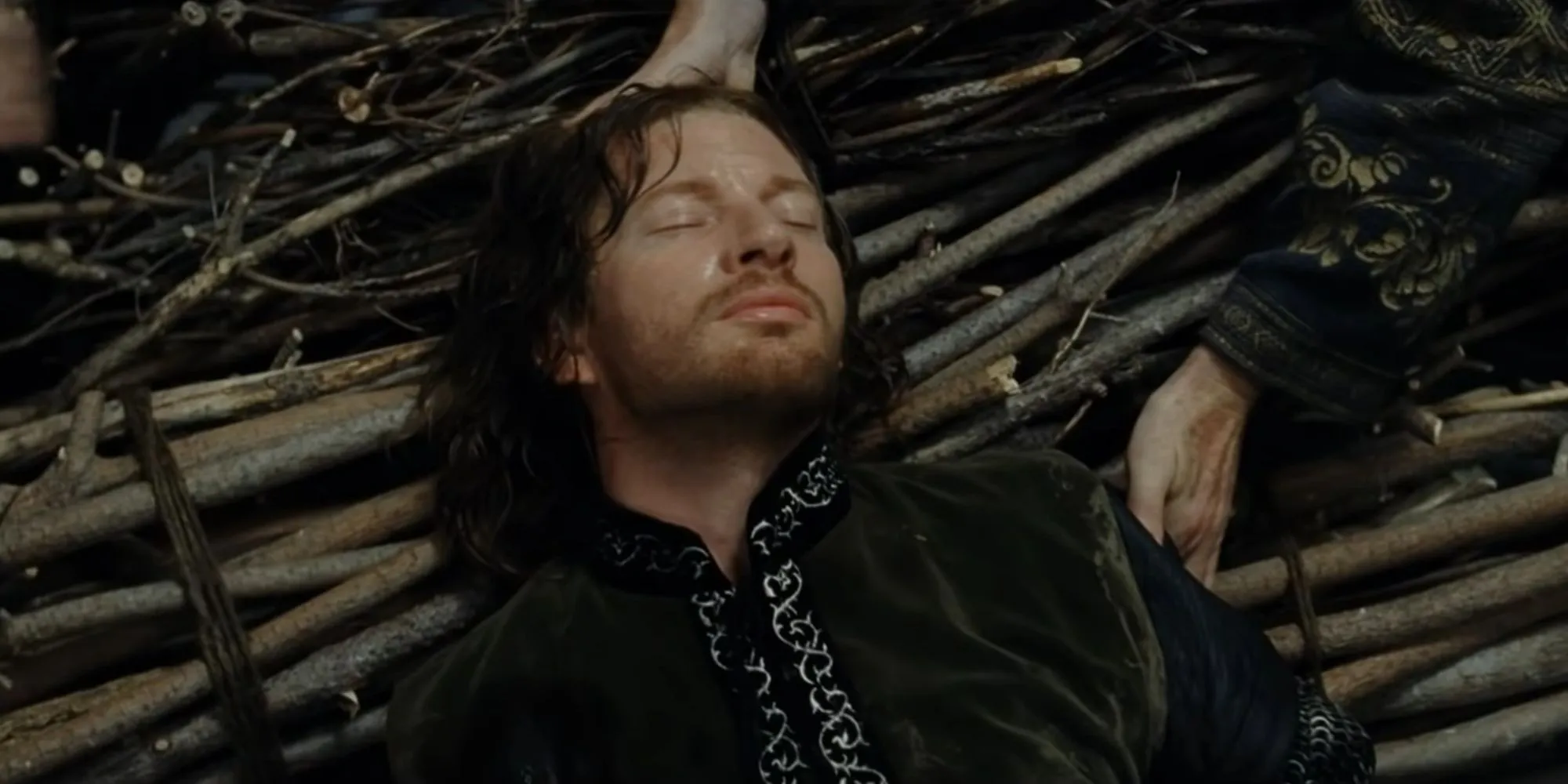
Faramir passes away in the Fourth Age 82, distinguished as the first Steward in centuries to surpass the century mark in age. His legacy is kept alive through his descendants, notably his grandson Barahir. Barahir becomes celebrated for his literary contributions, particularly in the work The Tale of Aragorn and Arwen, which gains prominence as a part of Thain’s book—a modern edition of the Red Book of Westmarch. The title of Steward of Gondor continues within Faramir’s lineage, emphasizing the significance of his heritage.
The deeper insights into Faramir’s life after Sauron’s defeat largely stem from J.R.R. Tolkien’s extensive appendices, a resource that the original film trilogy may not have fully utilized due to narrative constraints. Moreover, alterations made in Peter Jackson’s adaptations impact Faramir’s portrayal, especially notable in The Lord of the Rings: The Two Towers and the subsequent films, affecting the essence of his character.
The cinematic narrative omits many of Faramir’s significant scenes, although his relationship with Éowyn receives an expanded depiction in the extended edition of The Return of the King. This portrayal effectively captures the chemistry between the actors, showcasing the authenticity of their budding romance. However, the films notably lack substantial exploration of Faramir’s life after Sauron’s downfall, which is perceived as a missed opportunity for a character of his richness and depth.




Leave a Reply ▼